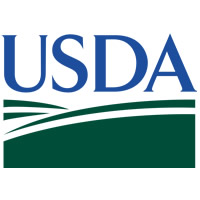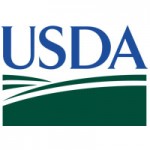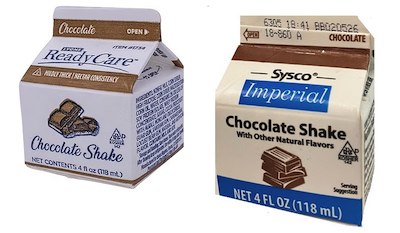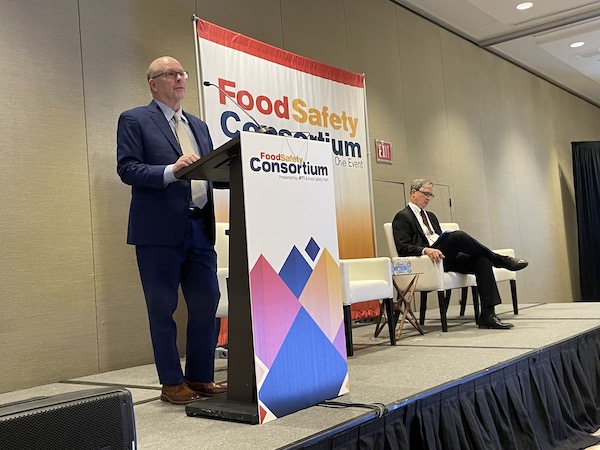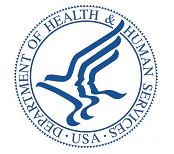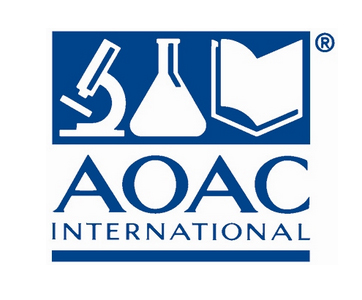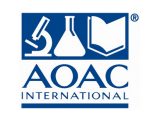U.S. Food and Drug Administration has announced food and beverage attorney Kyle Diamantas is the new acting deputy commissioner for human foods. He replaces Jim Jones, who resigned last week in protest of staffing cuts.
FDA’s leadership webpage was updated this week to include Mr. Diamantas and stated that as the Acting Deputy Commissioner for Human Foods, he leads the agency’s Human Foods Program, overseeing all FDA nutrition and food safety activities. In this role, Mr. Diamantas exercises authority over all Human Food Program entities and operations, including resource allocation, risk-prioritization strategy and decision making, policy initiatives, and major response activities involving human foods. Mr. Diamantas also oversees food resources in the agency’s Office of Inspections and Investigations.
As the FDA’s top food executive, Mr. Diamantas sets the strategic direction and operations for food policy in the U.S., while serving as a critical liaison between the agency, Department of Health and Human Services, and The White House. He also represents the agency on food activities and matters in dealings with foreign governments and international organizations.
Mr. Diamantas has extensive experience working with various federal and state agencies and policy makers, scientific organizations, consumer advocacy groups, and industry stakeholders. Prior to coming to FDA, Diamantas worked at the law firm Jones Day. He has wide-ranging experience on matters spanning regulatory, compliance, investigative, enforcement, rulemaking, and legislation. Mr. Diamantas holds a juris doctor from the University of Florida Levin College of Law and a bachelor’s in pre-law political science from the University of Central Florida.
The announcement appears to conflict HHS Secretary Robert F. Kennedy Jr’s pledge to shut the revolving door between industry and government. According to the website, Lawtally, prior to working at Jones Day, Diamantas was a senior associate at Baker, Donelson, Bearman, Caldwell & Berkowitz. He focused his practice on civil litigation and regulatory compliance, with an emphasis on United States Food and Drug Administration (FDA), United States Federal Trade Commission (FTC), and state equivalent regulatory and compliance issues and disputes.
He assisted in the representation of drug, device, cosmetic, dietary supplement, food, and consumer product manufacturers and supply chain participants on issues involving labeling, advertising, regulatory and quality compliance, and in transactions and litigation involving products and companies subject to FDA and FTC regulation.

